Coronavirus: Wuhan’s ‘hero city‘ makeover: parties in and wet market out of sight
‘Wuhan, we can’, say stickers pressed on passers-by for a tightly orchestrated tour for foreign businessmen and media of pandemic’s ground zero.
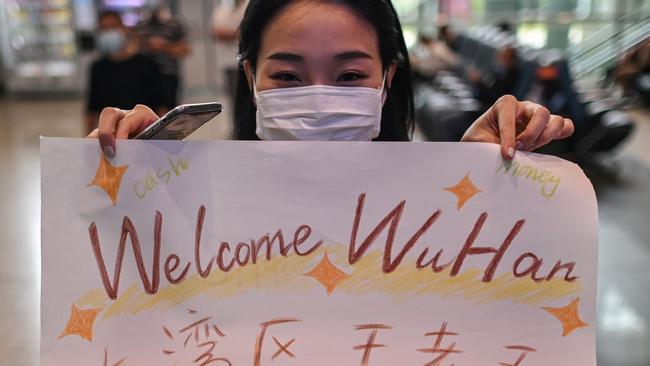
Restaurants and bars are packed, people swim in the Yangtze river and jog along its banks. Life seems strikingly normal in Wuhan, ground zero of the coronavirus pandemic.
Four months after the central Chinese city recorded its last infection, children have returned to school and the shopping centres are buzzing.
“Wuhan, we can” proclaim stickers pressed onto the arms of passers-by during a tightly orchestrated tour for foreign businessmen and media this month.
Once synonymous with China’s pandemic failings, the city is the focus of a Communist Party propaganda blitz hailing “victory” over the virus.
The turnaround is dramatic. Earlier this year, Wuhan resembled a ghost city; enduring the world’s harshest lockdown, its residents were corralled at home and hospitals were overwhelmed, while the death toll mounted.
It is now back on the front line — no longer in the fight against the virus but in the superpower struggle over the handling of the crisis.
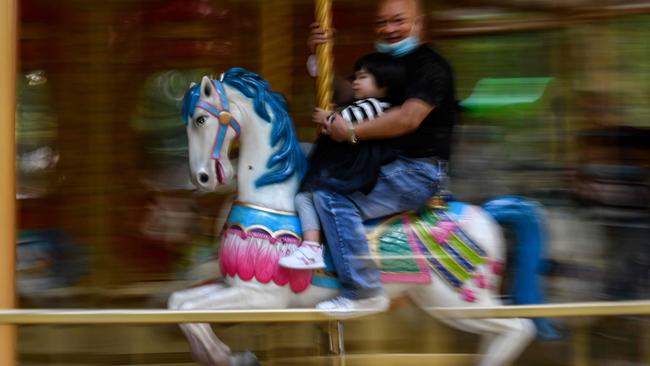
China has been criticised in America, Britain and Australia for covering up early reports of a mystery illness, bungling and delaying its initial response and punishing whistleblower doctors who raised the alarm.
Beijing has fought back, citing America’s fumbled handling of the crisis while lauding its own control of the epidemic and economic recovery under President Xi Jinping. And it is holding up the “hero city” of Wuhan as exhibit A.
A three-day tour for foreign executives included visits to a primary school, where children painted tributes to “Grandpa Xi”, and an evening river cruise past skyscrapers emblazoned with light displays heralding the “reborn” city.
“This testifies to Wuhan’s triumph over the virus,” said Lin Songtian, who runs the state-backed agency that organised the trip.

The growing confidence of the city’s young people was on display when thousands of maskless revellers attended a music festival pool party. The pictures prompted international accusations of recklessness. But Global Times, a nationalist tabloid, called this “foreign sour grapes” and gloated: “Never too late to learn from Wuhan.”
Also on the executives’ tour was a trip to a renovated food market described as a model of sanitation. But the itinerary left out what are now the city’s most famous locations: the Huanan wildlife market and the Wuhan Institute of Virology.
The market, where an early cluster of infections was located in December, remains closed and guarded by security officials who chase away lingering passers-by. And the high-security laboratory, which conducts research into bat-borne coronaviruses, is also off-limits. Its scientists have denied that the pandemic could have been unleashed by a leak from the laboratory.
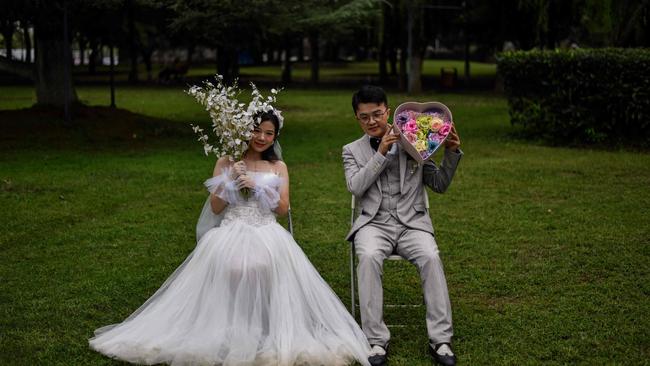
Instead, the regime’s focus is on promoting success in containing the virus and Wuhan’s comeback — proof, it claims, of the wise leadership of Xi and the superiority of the authoritarian system.
Hubei province suffered the vast majority of China’s coronavirus deaths. The official tally for Wuhan, its capital, is 3,869, although the true figure is suspected to be higher.
A few relatives have defiantly tried to pursue compensation for the loss of loved ones through a court system that is an extension of party rule. But most keep their thoughts to themselves in a regime that does not tolerate dissent. Indeed, a chilling message was delivered last week about the price to be paid for challenging the official narrative.
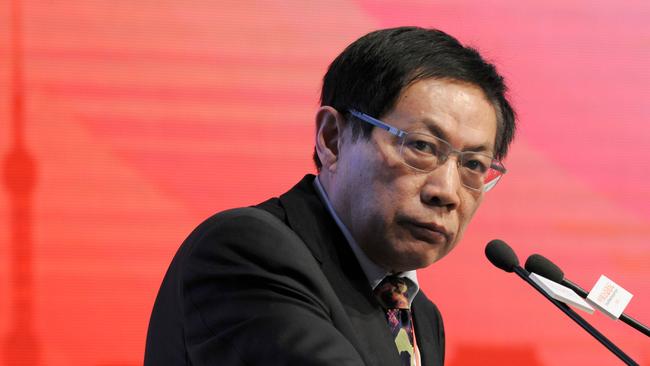
Ren Zhiqiang, a retired property mogul and former Communist Party insider-turned-critic, was sentenced to 18 years in prison after a one-day trial, purportedly for corruption.
He had disappeared in March after circulating an essay berating Xi’s accumulation of power and arguing that the epidemic had been deepened by the absence of freedom to discuss its impact.
In a barely veiled reference to the Chinese leader, Ren scathingly wrote of “a clown stripped naked and insisting on continuing being emperor”.
At 69, it is likely to be the last the world hears from the billionaire.
(Additional reporting: Clara Ip in Hong Kong)
The Times

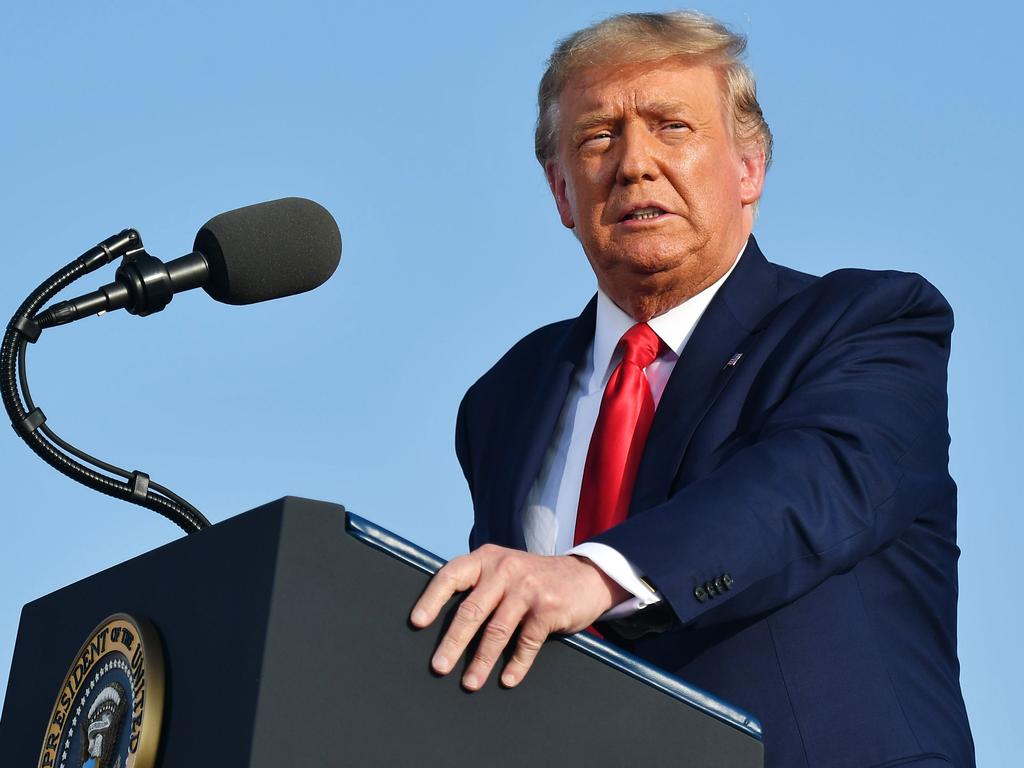
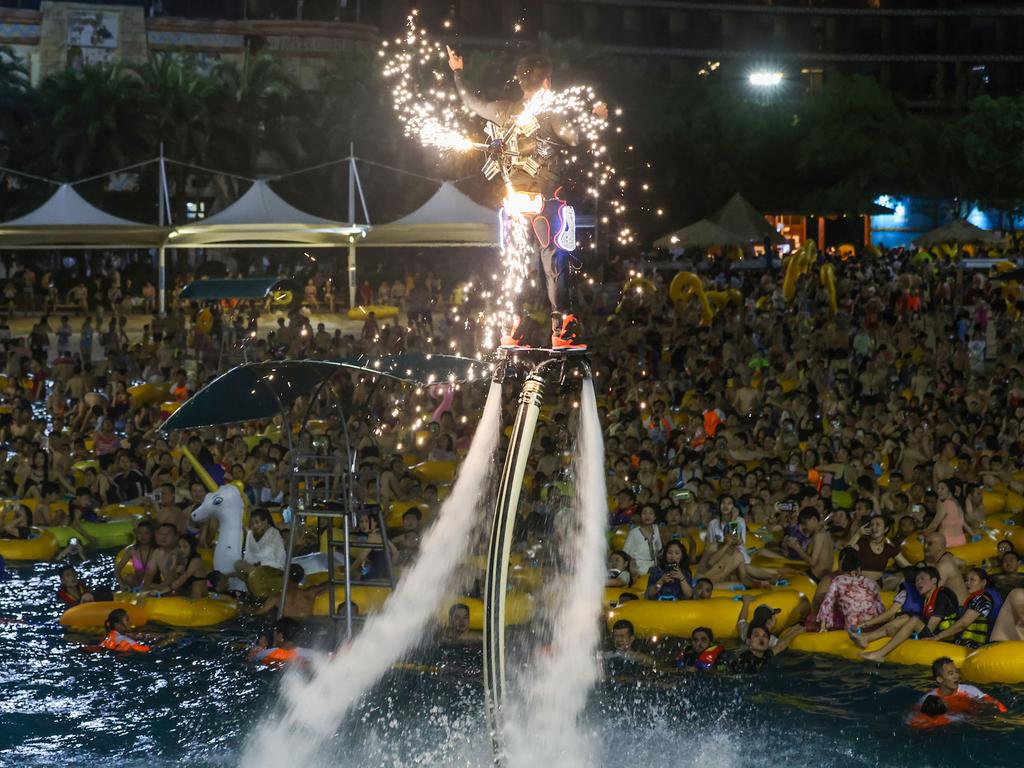

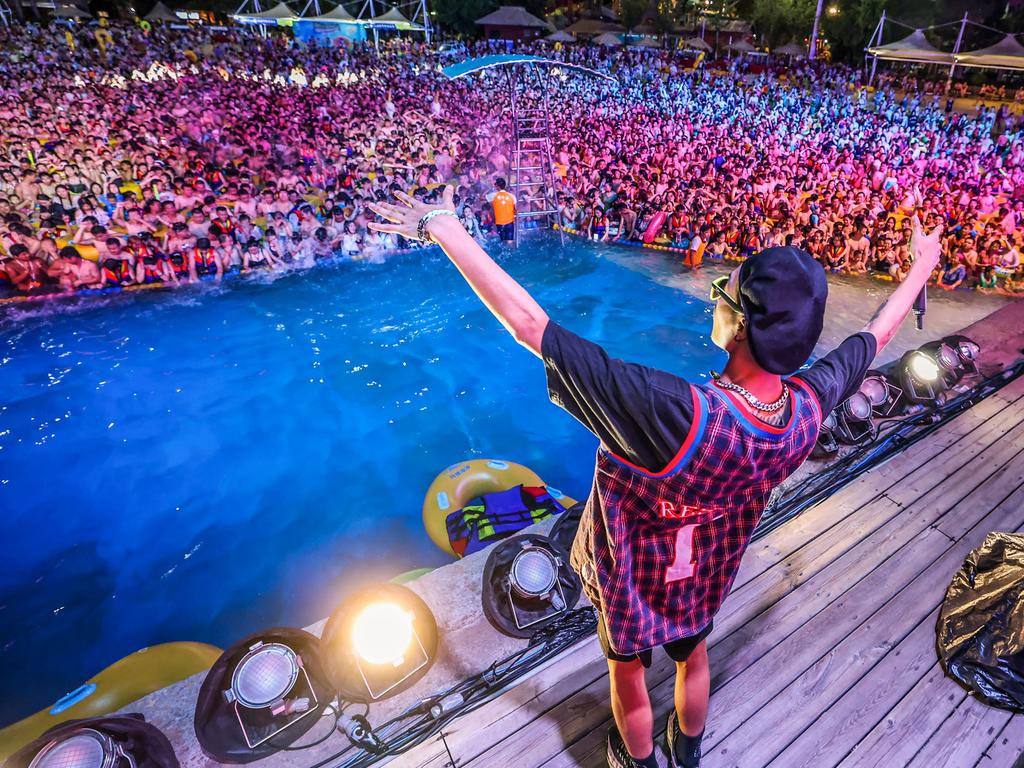
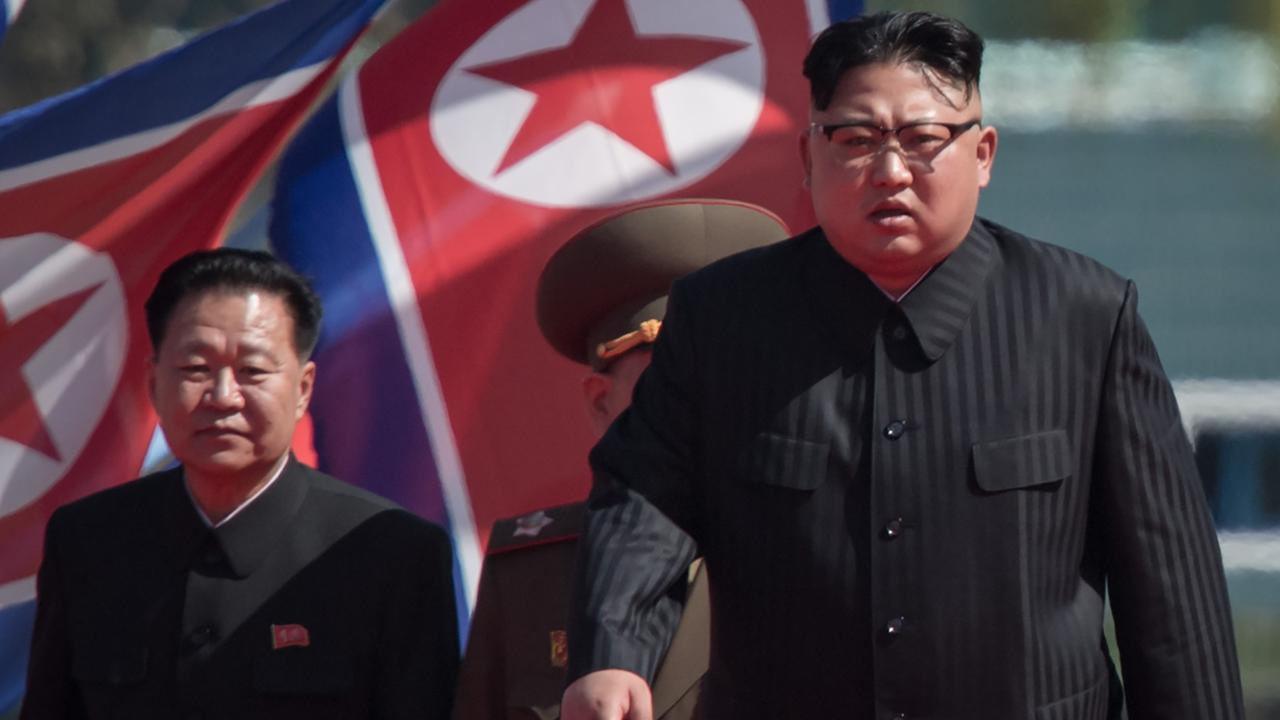
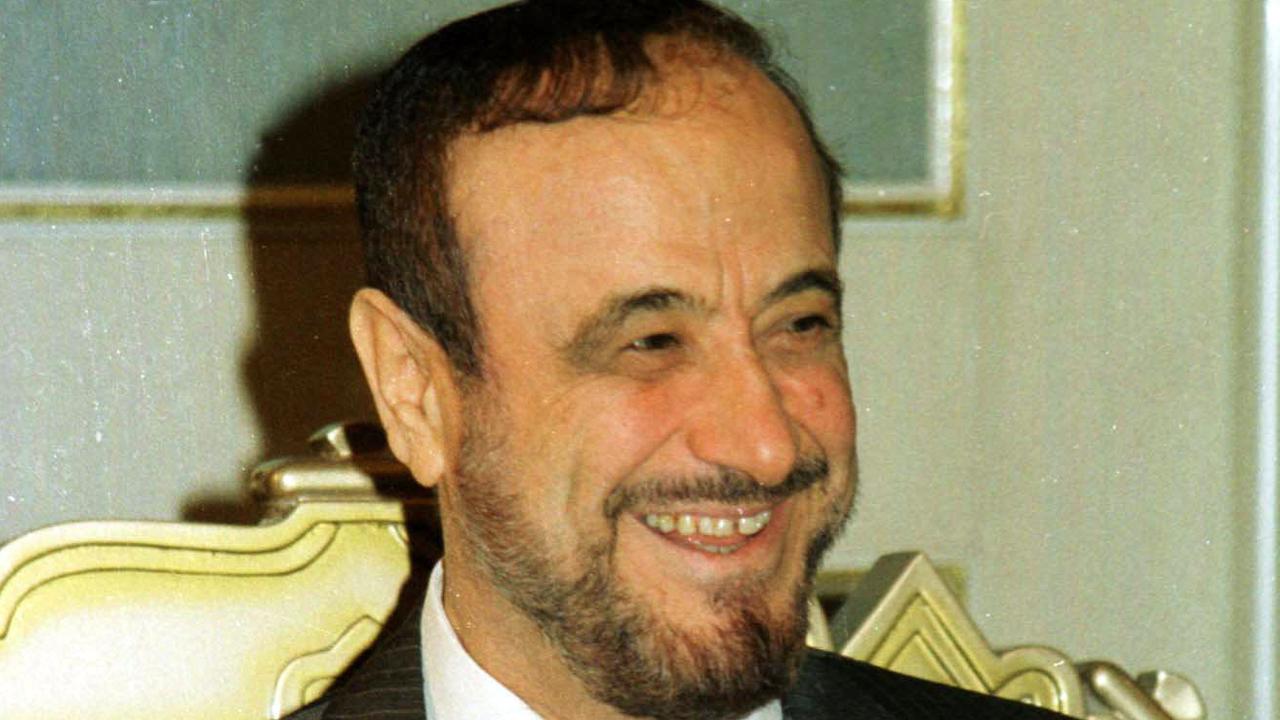
To join the conversation, please log in. Don't have an account? Register
Join the conversation, you are commenting as Logout